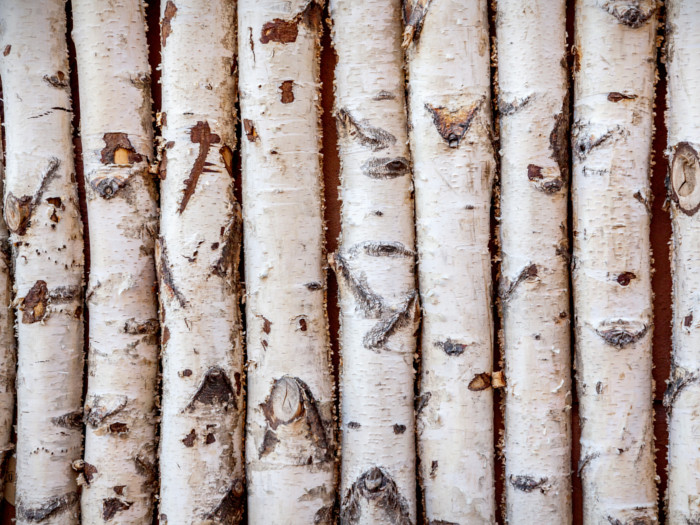Birch tree pollen may be a source of aggravation for allergy sufferers in the spring, but every part of this tree – from the bark to the leaves – is surprisingly useful and potentially beneficial for overall health.
What is Birch?
The birch tree is a very common deciduous tree that grows all over the Northern Hemisphere, from Germany to Canada. It is recognizable by its paper-like white bark, as well as its flat, thin, spade-shaped leaves. It has been a staple of folk medicines for centuries. The pliable bark was often used to make casts, and its sap has been used to make everything from adhesives to wine and vinegar. The sap of the tree is in fact still sold today, bottled, as a traditional drink in Northern Europe and China. [1]
Nutrition
While nutrition can differ by brand, depending on how much it has been processed, in a 10-ounce serving of this tree sap water, there are roughly 10 calories and 3 grams of carbohydrates.

Birch is a thin-leaved hardwood tree of the genus Betula, in the family Betulaceae. Photo Credit: Shutterstock
Benefits
There are many benefits of birch, including the following:
- Birch acts as a diuretic, which can help treat urinary tract infections, as well as detoxify the body and help to speed the elimination of unwanted substances. [2]
- The active ingredients in this plant also help to dissolve the crystal build-up of uric acid, which causes gout and other types of stones, e.g., gallbladder and kidney stones.
- The bark extract is used in the treatment of actinic keratosis and is applied topically as an ointment. [3]
- Furthermore, that bark extract is also used in the topical treatment of wounds and rashes, accelerating the healing process of damaged skin. As an astringent, it also helps to fade skin imperfections.
- It is anti-inflammatory and is used to relieve muscle pain, inflammation, arthritis pain, and swelling from rheumatism, both by ingestion and topical application.
- Birch leaves can be used as a topical wash for hair loss.
- It can often help with digestive issues, as the active ingredients in birch pollen help the body generate bile, making it helpful with liver disorders.
- The leaves of this plant are an excellent source of vitamin C, which provides immune system support.
- A decoction of leaves from this plant can also be consumed as a sleeping aid to prevent insomnia and ensure restful, uninterrupted sleep.
Uses
Birch is used in several different mediums, including the following:
- Teas are made from birch leaves and bark.
- Birch essential oil is used in topical treatments.
- The extract from this tree is commonly administered as medicine.
- The sap from the tree is regularly consumed as a tonic in many parts of the world.
- Finally, birch paper, the peeling bark of the tree, is still sometimes used as wrap or cast on wounds.
Side Effects
Women should avoid using birch during pregnancy or while breastfeeding. You should also avoid this plant and its derivative products if you are allergic to wild carrot, mugwort, or celery, as there can be a severe cross-reaction. [4]
